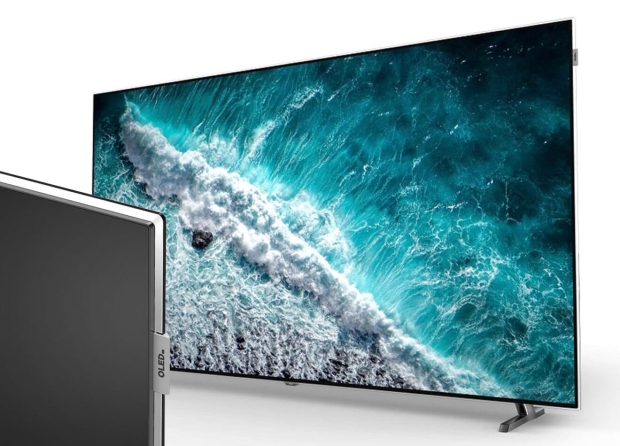For those who came in late OLED EX (the EX apparently stands for Evolution and eXperience which means the LG marketing team has been looking at dictionaries while on the mushrooms) promises to boost maximum brightness, enhance picture quality, and allow for smaller display bezels.
The technology improves the individual self-lit pixels by using deuterium isotope combined with algorithmic image processing. LG claims this can increase brightness by up to 30 per cent over conventional OLED displays.
LG found a way to extract deuterium, a scarce isotope (there is one deuterium atom in 6,000 hydrogen atoms) then applied it to its TV's OLED elements.
The outfit then stabilised deuterium compounds let the display emit brighter light while improving efficiency over time.
Meanwhile LG is using a "personalised" machine learning algorithm that predicts the usage of each light-emitting diode (on up to 8K TVs) based on your viewing habits, then "precisely controls the display's energy input to more accurately express the details and colours of the video content being played."




